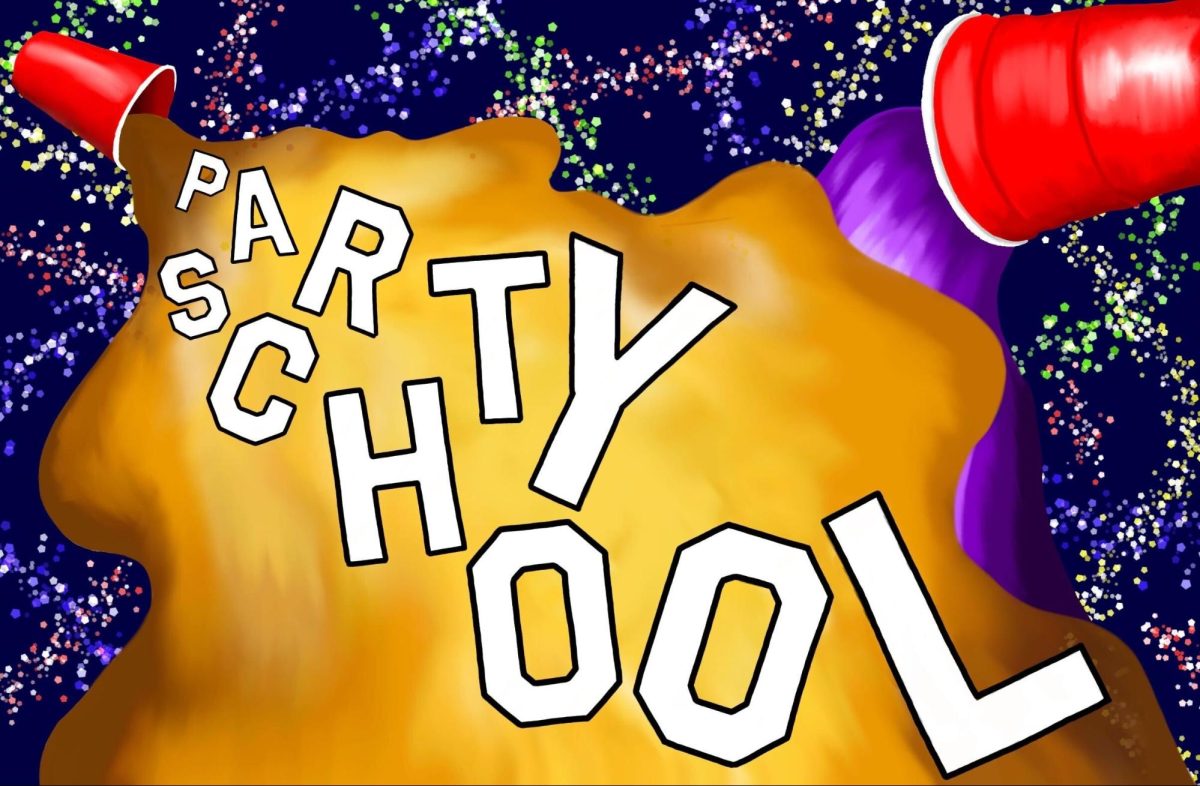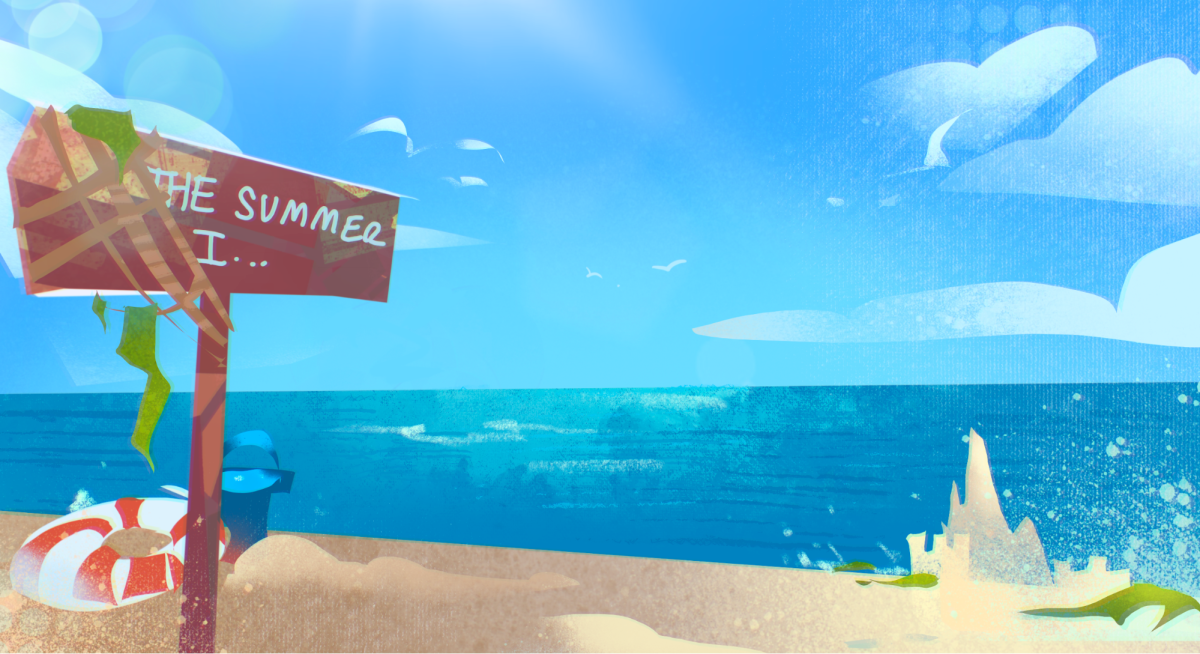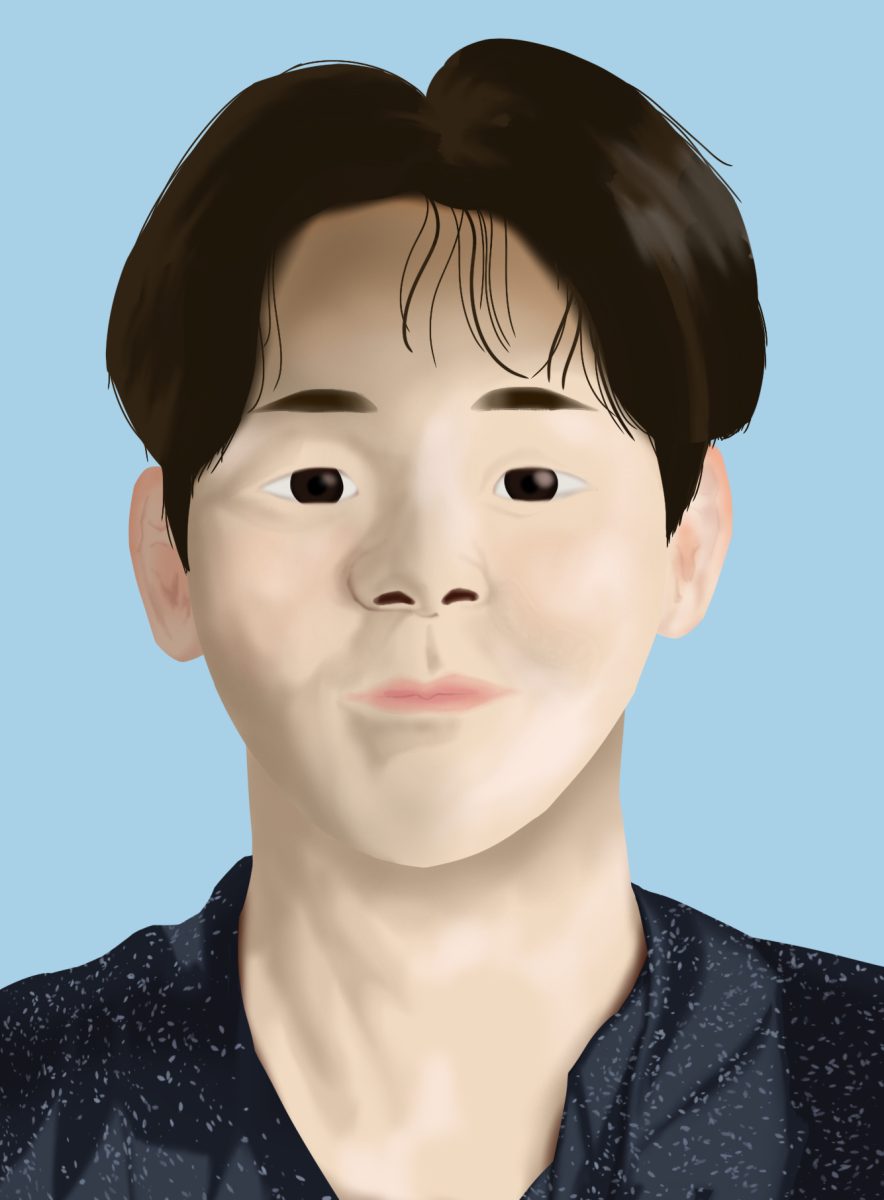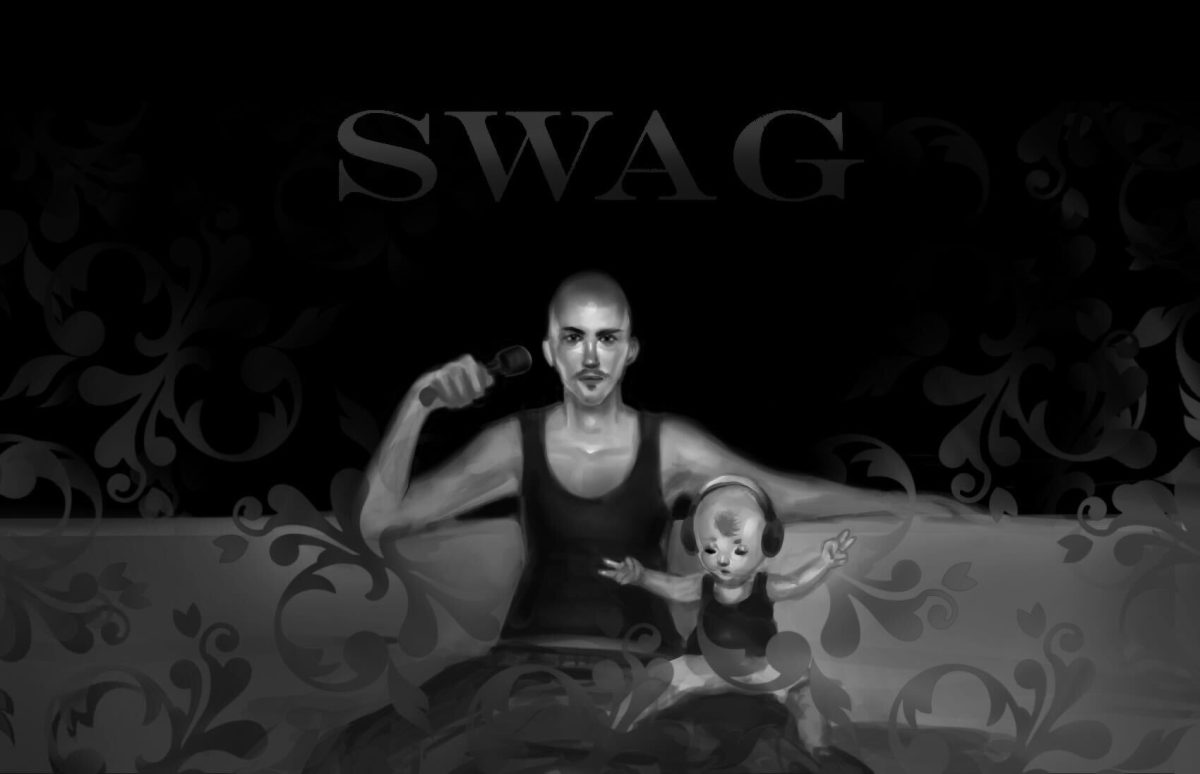In his coming-of-age novel, Party School, Jon Hart reveals that growth does not always come with prestige. He explores the tension between self-perception and societal expectations.
In a competitive society where college rankings seem to define worth, many believe that their futures depend on the name at the top of their acceptance letters. However, when that name is not impressive, many lose direction and hope.
Dylan Mills, a self-deprecating, underachieving high school senior, finds his life turned upside down when his girlfriend, Rosemary Silversmith, heads off to a prestigious college while he enrolls at North South University, a “party school” that is looked down upon in his hometown of Castleton.
Hart characterizes Dylan with dry humor and a sense of inadequacy, in contrast to Rosemary, who embodies a typical, driven, Ivy League-bound student. The novel captures Dylan’s internal struggle as he grapples with feelings of inferiority, the pressure to conform to societal expectations and the loss of Rosemary as they embark on different paths.
Hart portrays college life both humorously and critically. He explores and disassembles the stereotype that students at elite schools are driven and morally upright, while those at party schools are lazy and aimless.
Upon arriving at North South, Dylan faces a campus culture full of partying and substance use. His roommate Wally is a typical burnt-out party school student who smokes frequently and is uninterested in academics. In contrast, Hart describes the students at Rosemary’s “it school” as well-dressed, driven and distant. Everyone there seems to have a plan and a purpose, but they also appear emotionally detached from one another.
Hart effectively contrasts the party school and the elite school, highlighting the societal expectation that success appears polished and purposeful. Neither group seems truly happy or whole, which underscores that identity is not necessarily found in chaos or control.
His unique take flips the typical college narrative that students attending prestigious colleges are more likely to meet success than those who do not, which is not only bold but suggests a new way of measuring growth and self-development.
Eventually, Dylan settles in and experiences a significant turning point in his academic and personal development when Hart brings in sociology professor Dr. Berkowitz. Berkowitz repeats the phrase, “Don’t apologize, make it better,” encouraging Dylan to take ownership of his actions and to strive for improvement unconditionally.
Instead of disregarding or hiding North South’s flaws, such as substance abuse, Hart reveals the university’s potential to be hard-working.
Later on, a scandal erupts involving some of Dylan’s former high school classmates, including Rosemary, who are exposed for falsifying test scores and fabricating personal histories to gain admission to elite colleges.
Through this revelation, Hart disproves the stereotype that all individuals attending prestigious colleges are morally upright.
As the semester concludes, Rosemary reaches out to Dylan, seeking to give their relationship a second chance. However, Dylan, now more self-assured and content with his place at North South, questions getting back with her, even though he has been waiting for this moment for so long. He embraces his growth and the community he has found, signaling a newfound acceptance of his journey.
In this way, Hart disproves the idea that “lesser” schools are inherently meaningless. By the end of the book, Dylan’s self-exploration journey as a college student is not about proving the world wrong, but about no longer needing to, which is a powerful message in a culture obsessed with rankings, resumes and reputation.
Overall, Party School, published in April 2022, serves as a compelling read because of its emotional honesty. The novel acknowledges that sometimes, the most valuable education is not acquired in a classroom, but rather, achieved when individuals let go of who they are supposed to be and start to become who they are. Growing up is not about acing the test — it is about passing your own.














